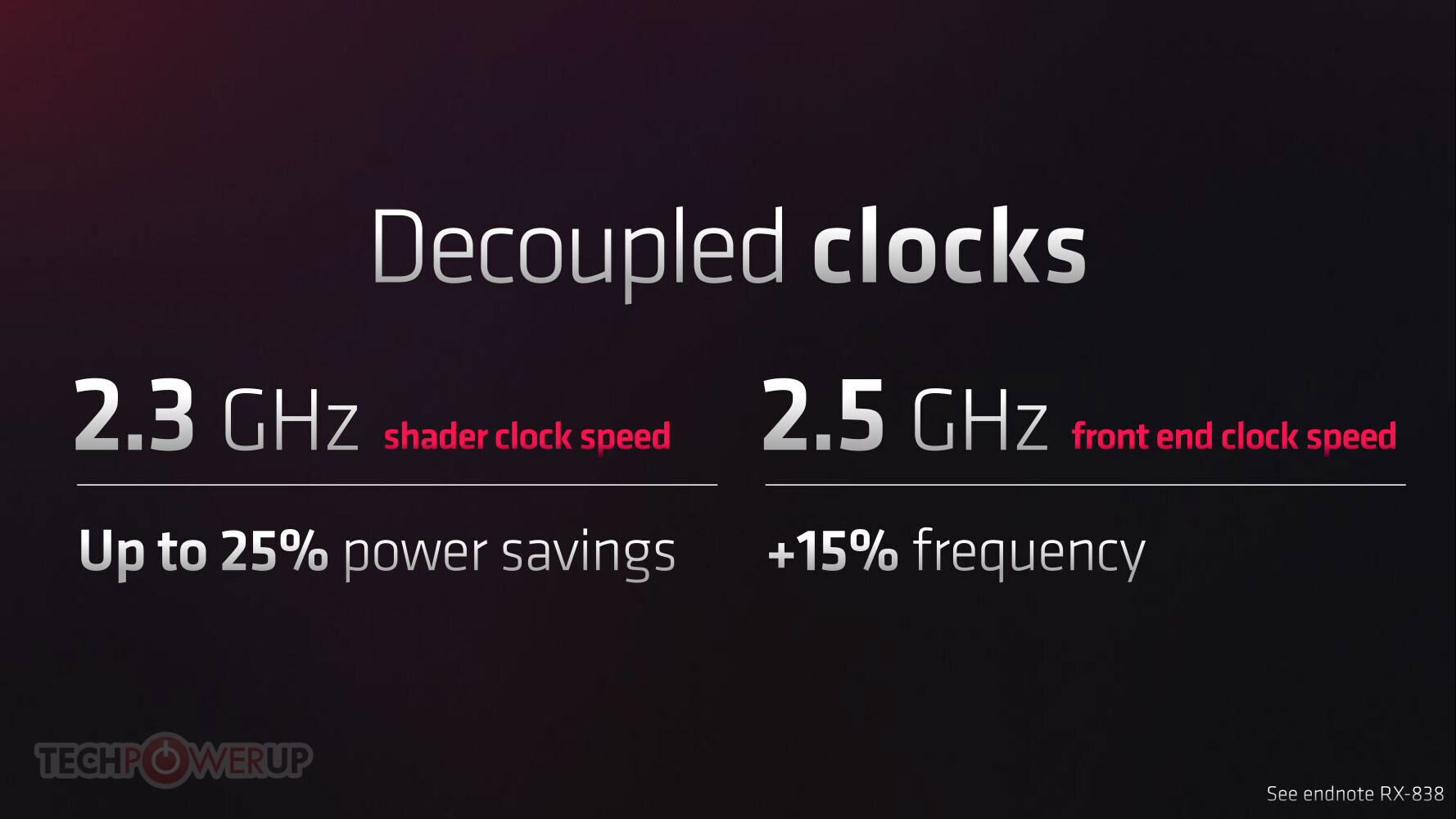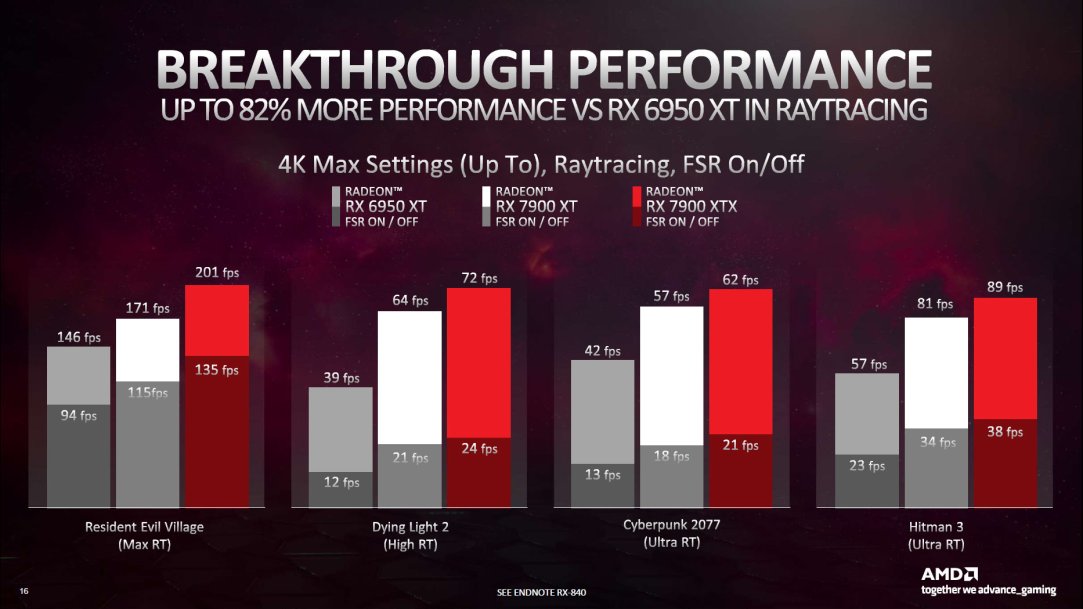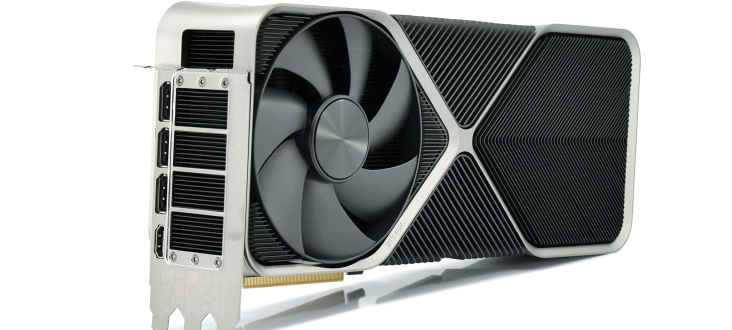- Oct 16, 2019
- 2,624
- 5,889
- 146
Man I have been dying to make this one for a while now.
First rumours for RDNA3 are here so new thread time!
Just going to start off with this one for now: kopite7kimi on Twitter: "@VideoCardz Ah, I mean a simple mcm design with 10240 cores is not enough. Because the lift from RDNA2 to RDNA3 is much bigger than from RDNA1 to RDNA2. We should expect many big improvements in GFX11. 🤔" / Twitter
First rumours for RDNA3 are here so new thread time!
Just going to start off with this one for now: kopite7kimi on Twitter: "@VideoCardz Ah, I mean a simple mcm design with 10240 cores is not enough. Because the lift from RDNA2 to RDNA3 is much bigger than from RDNA1 to RDNA2. We should expect many big improvements in GFX11. 🤔" / Twitter













